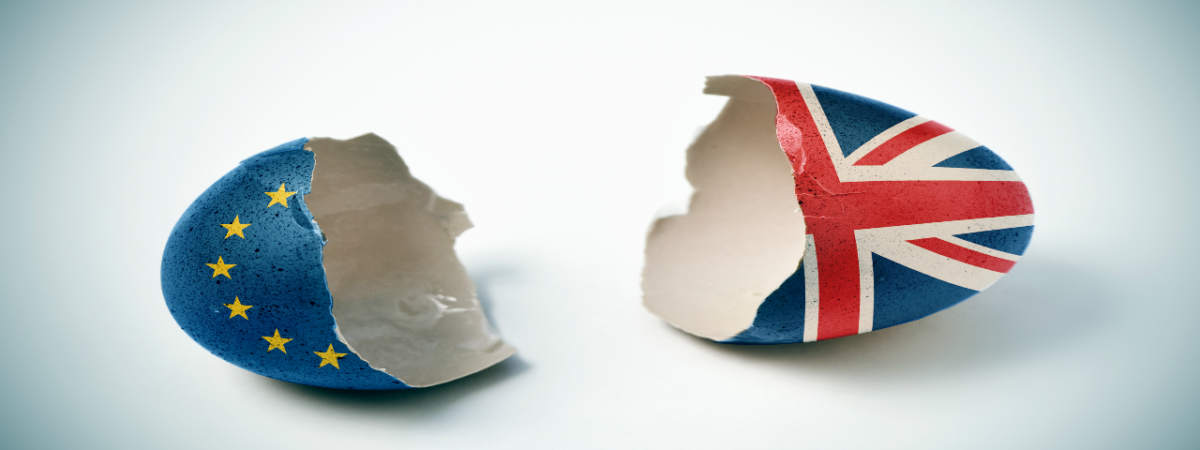Leaving EU Protectionism Behind: How lowering barriers to trade with Africa can create genuine economic partnership
SUGGESTED



Though Margaret Thatcher visited Kenya in 1988, while David Cameron attended Nelson Mandela’s funeral in 2012, those visits apart, no UK Prime Minister has visited the region. For this, Theresa May should be commended.
Even more importantly, she has broached the difficult subject of how the UK gives aid. This has become something of a third rail, despite it being clear that foreign aid does not have a strong track record of development success. In fact, free trade and progressive global trade liberalisation since the Second World War has done much more to reduce poverty in the developing world than any amount of aid could ever do. The aid budget amounts to less than 0.7% of the UK budget, so although we are not talking about a large amount, the question is whether it could be better targeted and focused.
There are, of course, glaring omissions – agrifood and fisheries. The EU, US, Japan and other developed countries have long protected their farmers through a network of tariffs, subsidies and regulatory barriers that keep the products of developing countries outside the market. Developed countries also tend to engage in tariff escalation – where basic commodities come in at one tariff rate, and the processed goods (where much of the value is) come in at a higher rate. This is particularly bad for developing countries as it means that they are disincentivised from moving up the value chain and producing better products.
To accommodate this obvious unfairness, developed countries have granted these countries various one-way preferences, most of which are based on some level of conditionality (in other words, they can be withdrawn for a number of reasons), but some of which (for example the EU’s Everything But Arms initiative for the world’s poorest countries) represent a unilateral reduction of tariffs without conditions. However, the EBA programme only applies to 34 of Africa’s 54 countries. For most of the rest, some form of Generalised System of Preferences (“GSP” or “GSP+”) applies.
The problem for producers in these countries is that if GSP is lost, because the country or product graduates out of the programme, then they will have to pay the higher tariff rate. This makes it impossible to plan or to invest in costly plants or technology. These programmes have become dependency programmes, where the countries concerned are so desperate to maintain the preference that they are willing to lobby the developed country grantee to maintain its high tariff. This is harmful to developed country consumers, especially the poorest who have to pay higher prices for food as a result, as well as developing country producers.
But it isn’t just about the tariff. Most of the barriers to the products of developing countries are regulatory barriers, deriving from the EU’s ferocious application of the precautionary principle. Furthermore, the network of subsidies in the EU incentivise over-production and this lowers the global market price that rural farmers can claim. So rural farmers in Africa are hit three times by developed world practices, and this damage is only partly mitigated by the preference programmes that keep the tariffs down in the way described above.
Instead, what the Prime Minister is calling for is a different approach where the UK uses its new-found independent trade policy to be more open to the products of these African countries so that we can have a genuine economic partnership with them that their producers and consumers can rely on for the long term. However, for this to be a genuine partnership these countries will want the UK to be open on tariffs, not to engage in production subsidies or erect regulatory barriers against their products.
Such an approach would be a true partnership, enabling these markets to reach their potential – a win-win for the businesses and consumers of both sides.
1 thought on “Leaving EU Protectionism Behind: How lowering barriers to trade with Africa can create genuine economic partnership”
Comments are closed.





THE EU HAS ALWAYS BEEN A PROTECTIONIST RACKET, ALMOST MASONIC IN NATURE.
WHEN I DISCOVERED THAT A DOCTOR FROM AN EU MEMBER COUNTRY CAN WORK IN THE UK VERY EASILY, AND YET A DOCTOR FROM, SAY INDIA, HAS A RIDICULOUS AMOUNT OF PAPERWORK AND BUREAUROCRACY THROWN AT THEM BEFORE THEY CAN WORK HERE IS SHAMEFUL.
I VOTED TO LEAVE THE EU AND I HOPE THAT THE UK CAN PROSPER TOGETHER WITH OTHER COUNTRIES AROUND THE WORLD WHEN WE LEAVE.